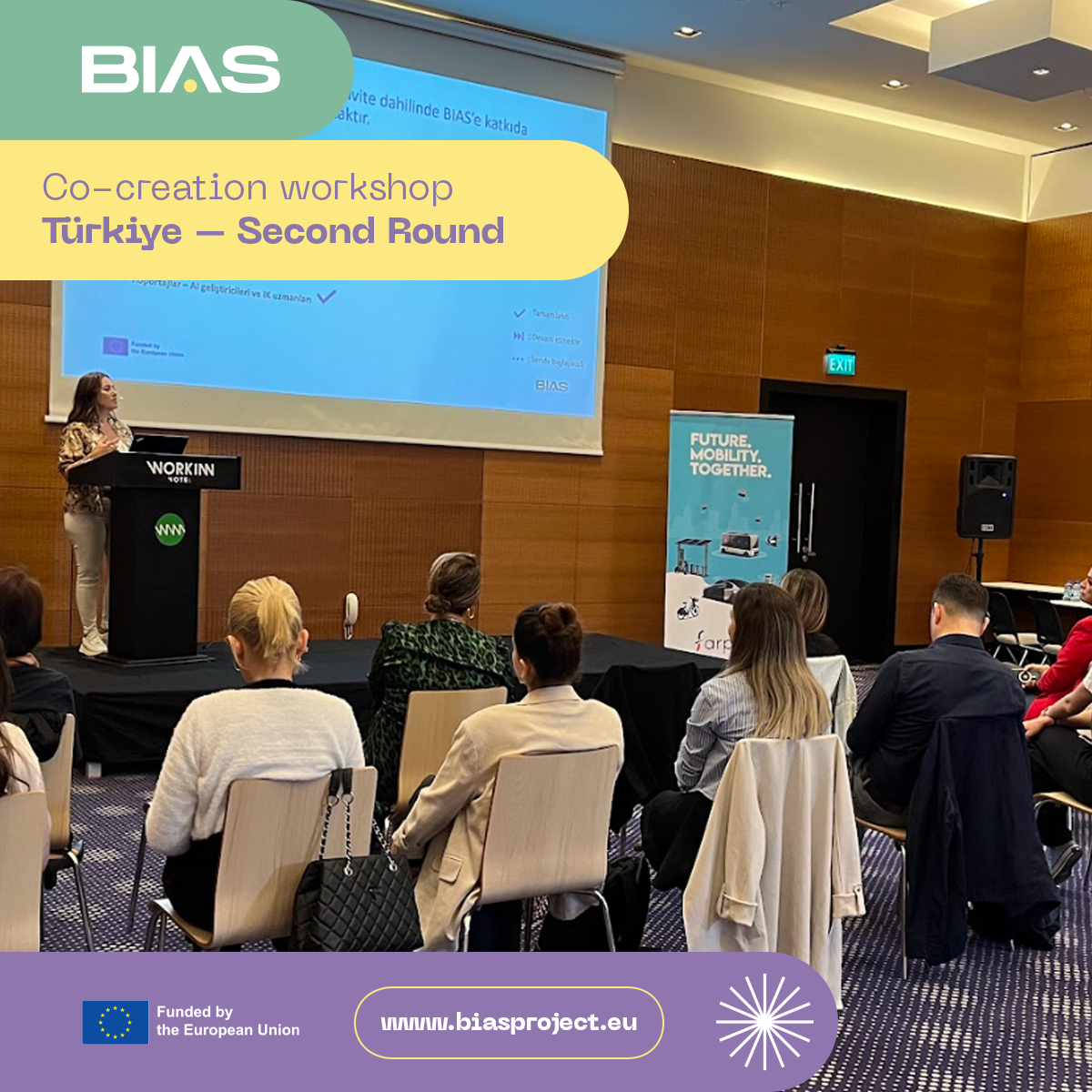17th January 2024
In an era where diversity and inclusivity are increasingly recognized as pillars of a robust workforce, the first study in the BIAS co-creation workshop presented participants with a familiar yet challenging task. They were asked to select the most suitable candidates for two job roles: a brand manager and a logistics operator. The twist, however, lay in the candidates’ diverse backgrounds, encompassing variations in gender, sexual orientation, age, marital status, and education. This setup was designed to enhance complexity and test implicit biases.
The exercise revealed a significant insight: while reaching a consensus on the “best” candidate was difficult, it underscored the imperative need for companies to adhere to established procedures and policies. This adherence is crucial in overriding individual biases, including those that are unconscious. The study highlighted the essential role of clear and objective selection processes in mitigating bias, ensuring that hiring decisions are made fairly and equitably.
The second study pivoted to focus on the potential of Artificial Intelligence (AI) tools in fostering fairness in recruitment processes. Participants engaged in discussions about the desirable features of AI recruitment tools, emphasizing adaptability and openness to feedback as key attributes. They envisioned an AI tool capable of attracting a more diverse candidate pool by casting a wider net and continually learning and evolving from its interactions.
A significant emphasis was placed on the need for standardization in the development and application of these AI tools. Participants advocated for rigorous testing and analysis by independent Human Resources (HR) and research experts, not just at the local or national level, but ideally encompassing European and global standards. This approach is vital to ensure that AI tools in recruitment are developed and implemented with fairness and accountability as fundamental principles.
The second BIAS co-creation workshop offered valuable insights into ensuring fair and trustworthy recruitment practices. It underscored the importance of robust organizational procedures in mitigating bias and the role of adaptable AI tools in promoting inclusivity. The workshop illuminated the path towards more equitable hiring processes, highlighting the balance between human oversight and AI’s potential in revolutionizing recruitment. This balance is key to creating a diverse and inclusive workforce, ultimately contributing to a more equitable and productive working environment.
